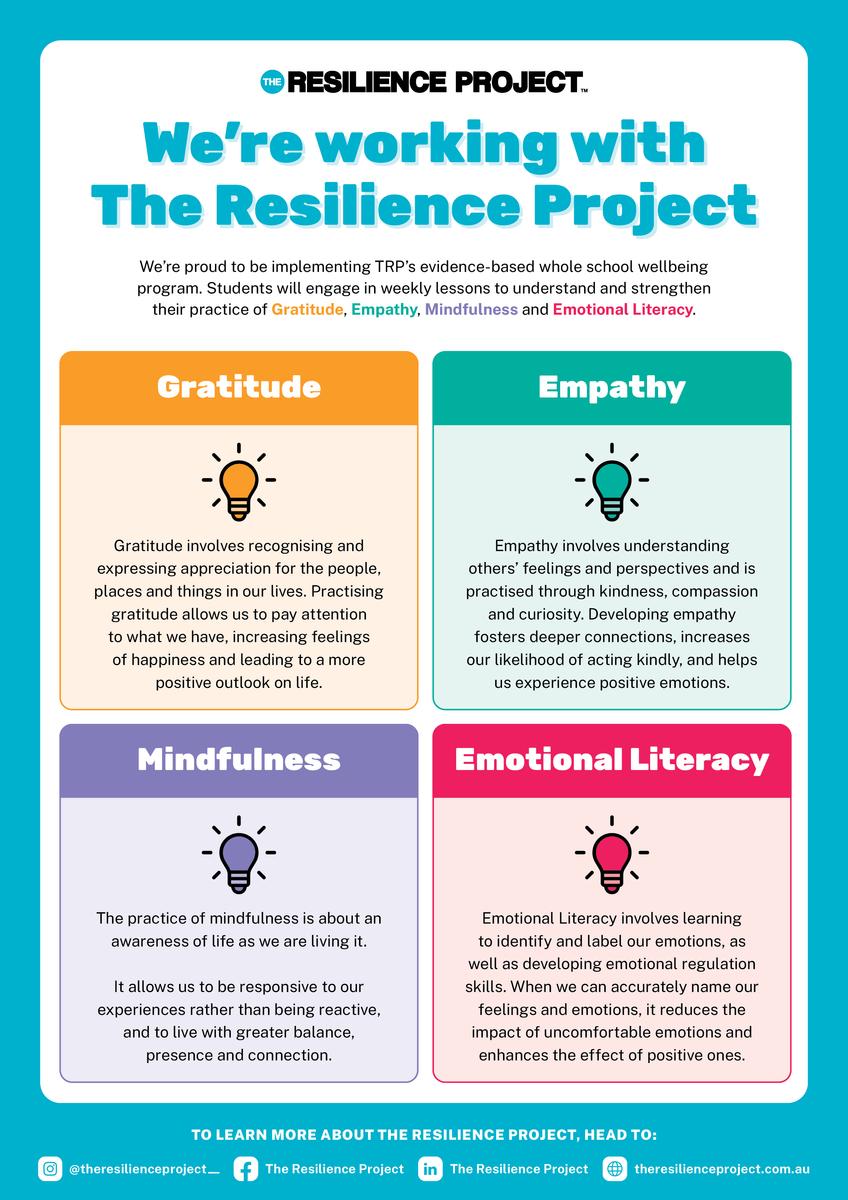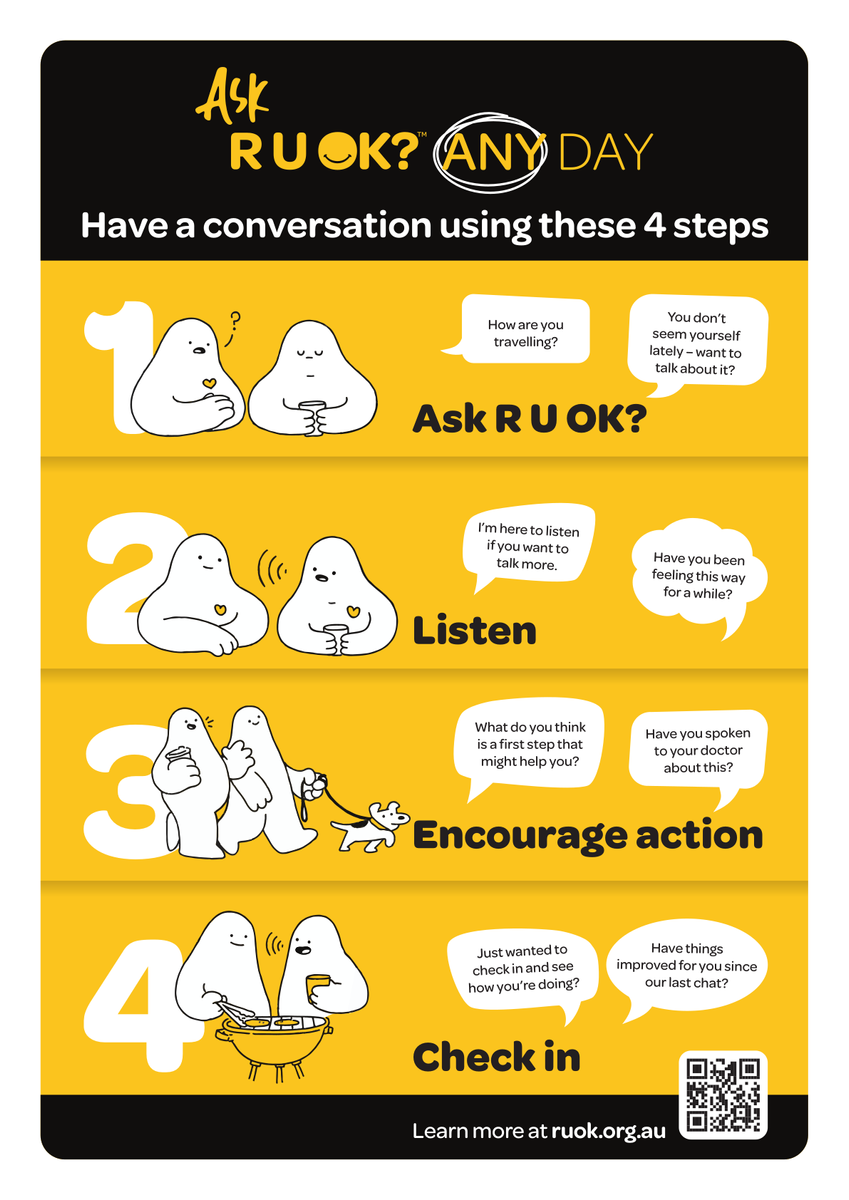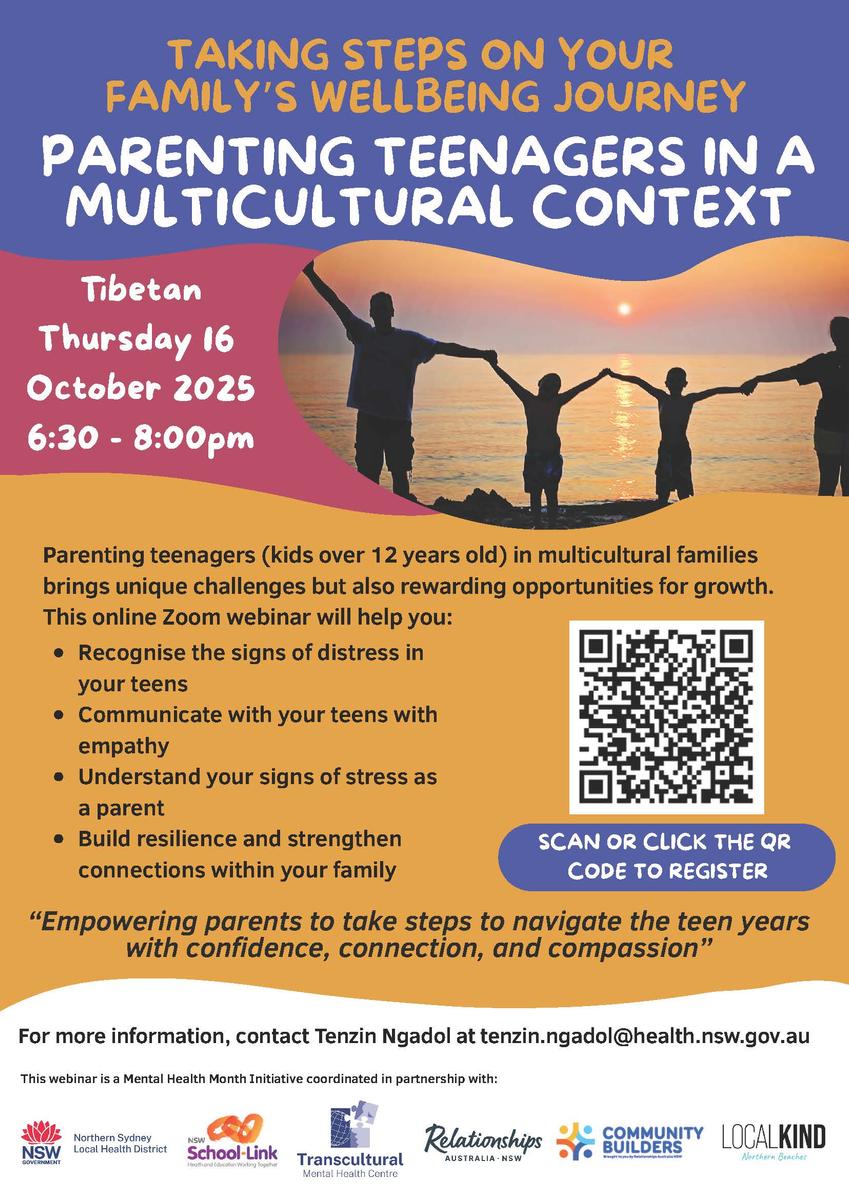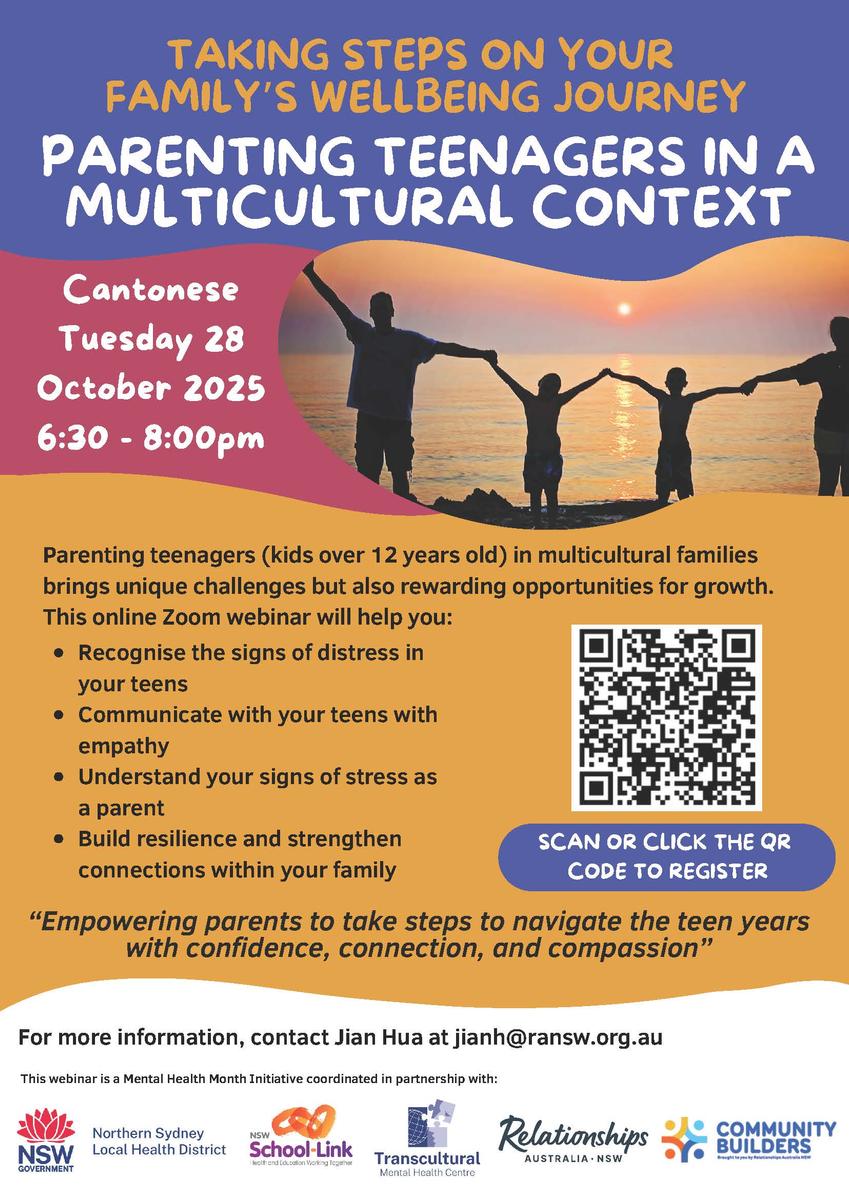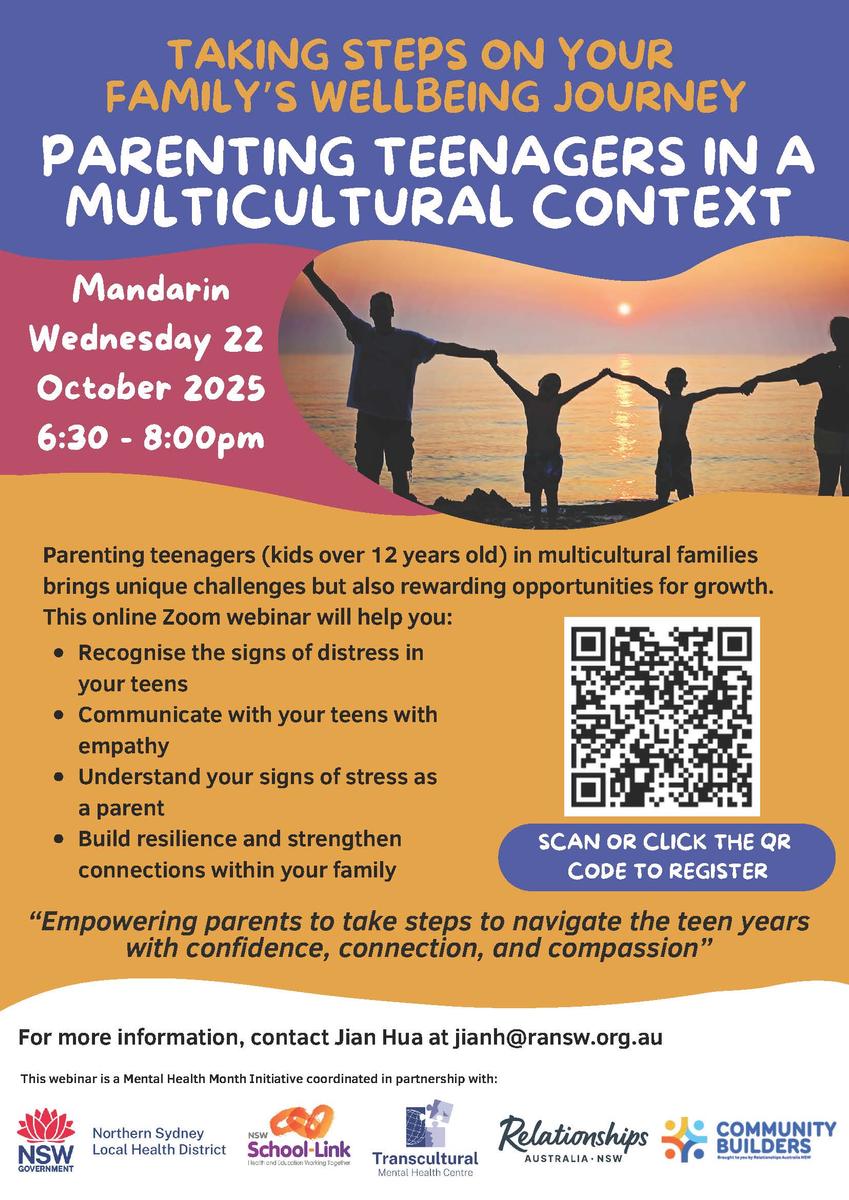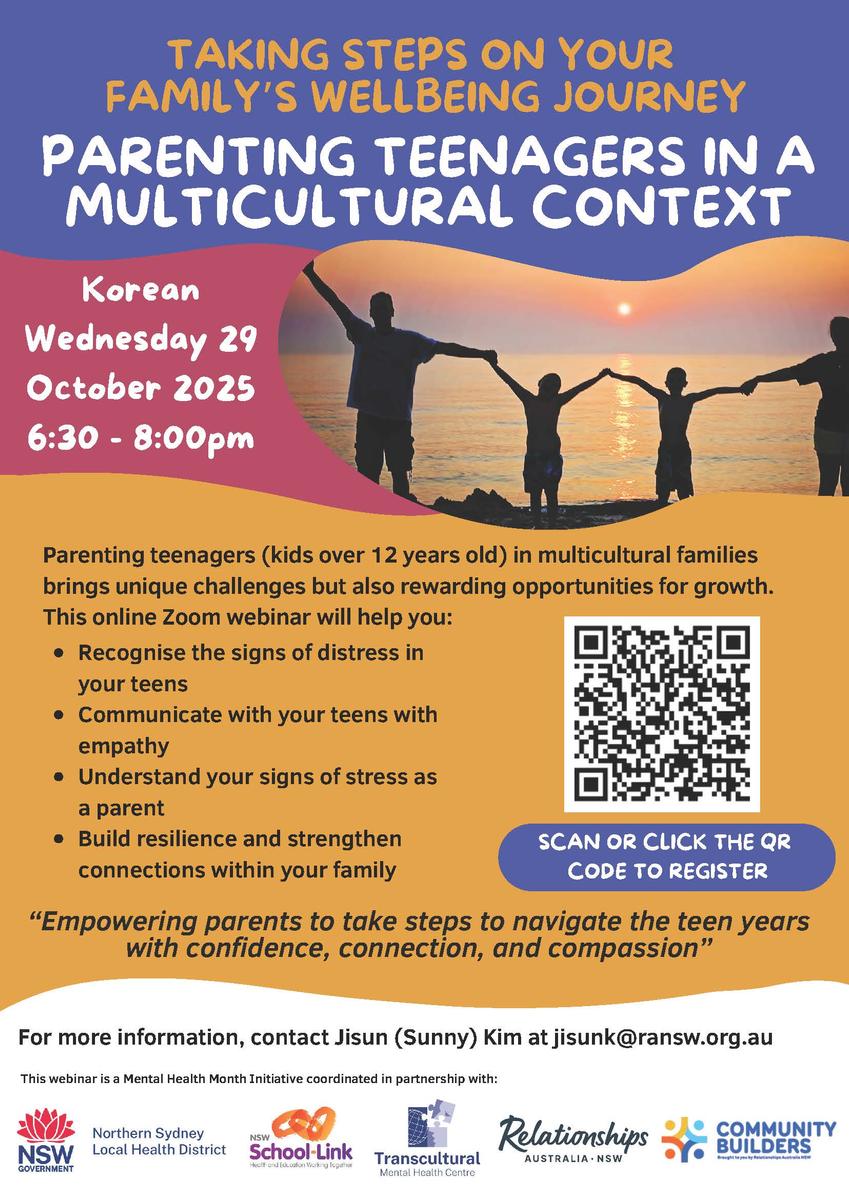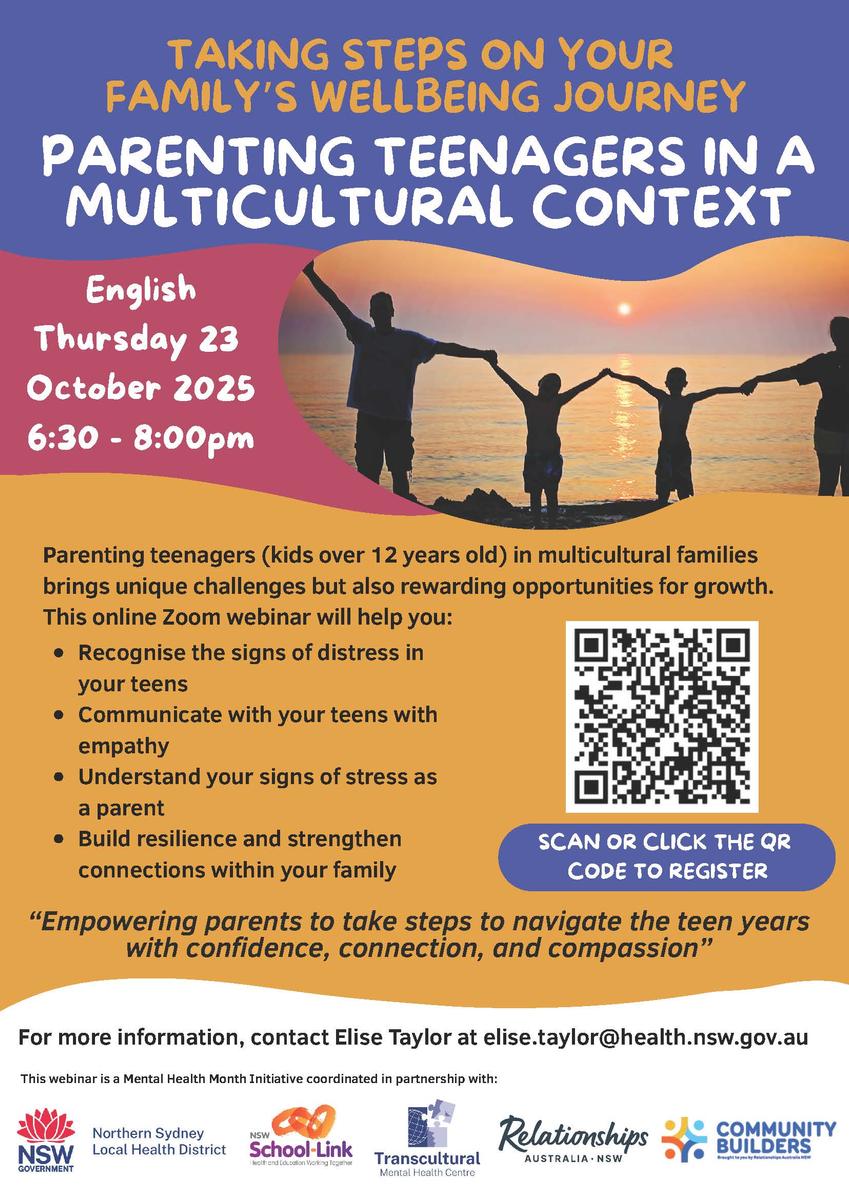Wellbeing

Sibling Relationships- Schooltv
Sibling relationships are often a child's first and longest- lasting social connection. These bonds can offer companionship, support and opportunities to develop important life skills such a empathy, negotiation and conflict resolution. However, like all close relationships, sibling dynamics can be complex. Differences in temperament, age, needs and parental attention can all contribute to tension or rivalry, It's not uncommon for children to compete for attention, especially during times of change and stress. As a parent or caregiver, your role in shaping the tone of sibling relationships is vital. Creating a home environment that celebrates each child's unique strengths and avoids direct comparisons helps reduce rivalry and fosters mutual respect.
By listening without judgement, teaching emotional regulation, and supporting each child's individuality, you can create a family culture where siblings feel secure and valued. This edition of SchoolTV offers insights to support young people in developing positive, lasting sibling bonds that can remain strong well into adulthood.
Here is the link to your Edition https://eppingboy-h-schools.nsw.schooltv.me/newsletter/sibling-relationships-au
SPECIAL REPORT: Shaping Healthy Masculinity
In today's fast-moving world, many boys are struggling to find directions. Even well- meaning online searches about fitness, confidence or relationships can lead them to content that promotes rigid or unhealthy ideas about masculinity. The critically acclaimed TV show 'Adolescence' has brought fresh attention to this issue, highlighting how boys are often exposed to messages that glorify toughness and dominance, while dismissing empathy and emotional openness.
These outdated beliefs can limit emotional growth and impact how boys relate to others- with real consequences in schools, homes and communities. That's why it's more important than ever guide boys with care, clarity and connection.
By offering healthier role models, safe spaces to talk, and encouraging respectful friendships- especially across genders - we can help boys develop the confidence, empathy and relationship skills they need to thrive.
This special report calls for a cultural shift and advocates for curiosity-driven dialogue that builds trust and critical thinking. The goal is to raise boys who are not just resistant to harmful influences, but actively capable of questioning and rejecting them.
Here is the link to your Special Report https://eppingboy-h-schools.nsw.schooltv.me/ wellbeing_news/special-report-shaping-healthy-masculinity-au
Anxiety & Young People
Anxiety is a natural and expected part of growing up. In fact, it plays an important role in helping young people prepare for challenges, stay alert to potential dangers and adapt to new situations. It can motivate them to study for a test, practise before a performance, or tread carefully in unfamiliar settings. However, for many children and adolescents today, anxiety can shift from being a helpful response to becoming intense, persistent and disruptive.
The world young people are growing up in is fast-paced and often demanding. Academic pressures, social expectations, family changes and the constant presence of digital media can all contribute to heightened stress and worry.
When anxiety is left unrecognised or unsupported, it can begin to affect a young person's wellbeing, learning, friendships and self-confidence. That's why it's so important for adult carers to understand how anxiety may present in children. Everyone experiences anxiety differently, and there's no one-size-fits-all solution.
Here is the link to your Edition: http://eppingboy-h-schools.nsw.schooltv.me/newsletter/anxiety-young-people-au
Cameron Gordon
Head Teacher Wellbeing, Year 8,10,12
Ellen Hoy
Head Teacher Wellbeing, Year 7,9,11
